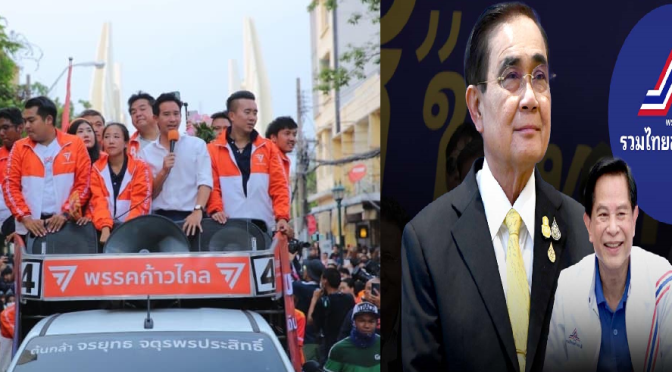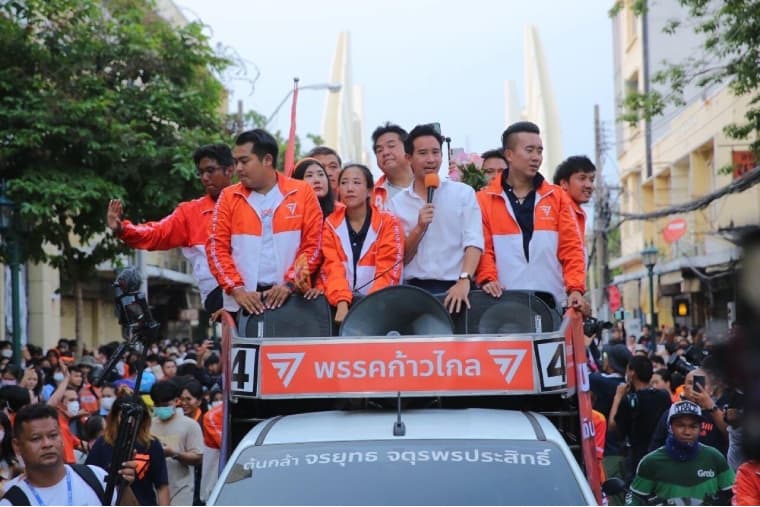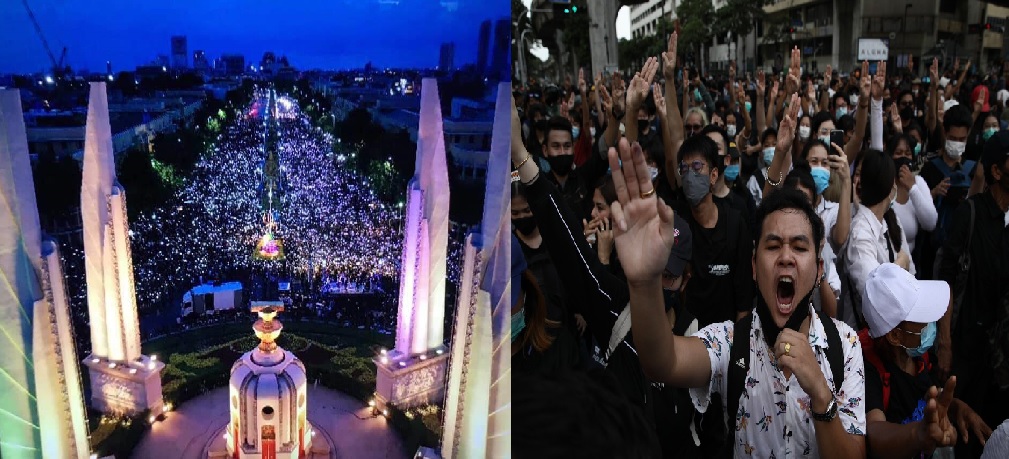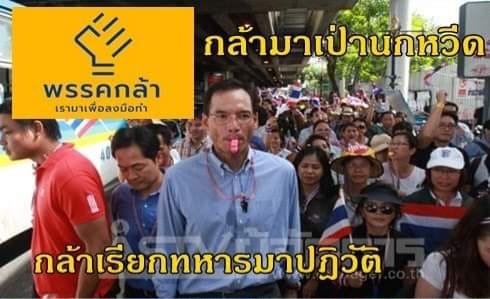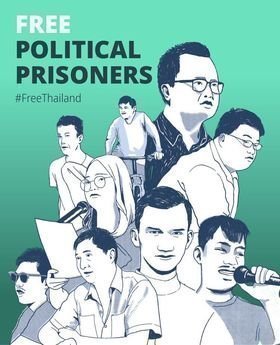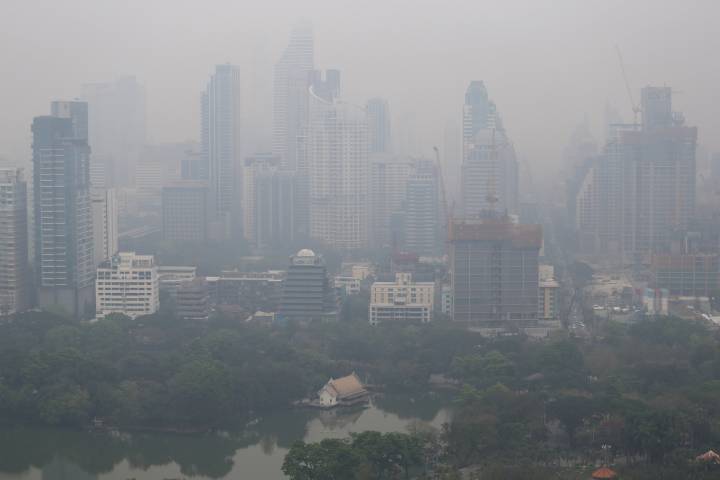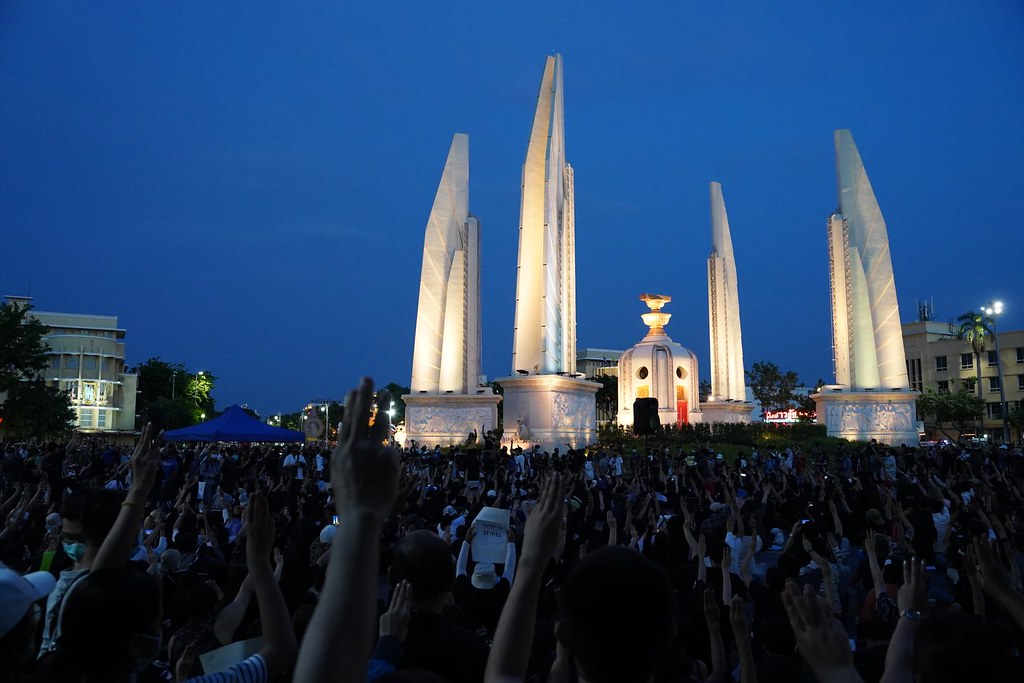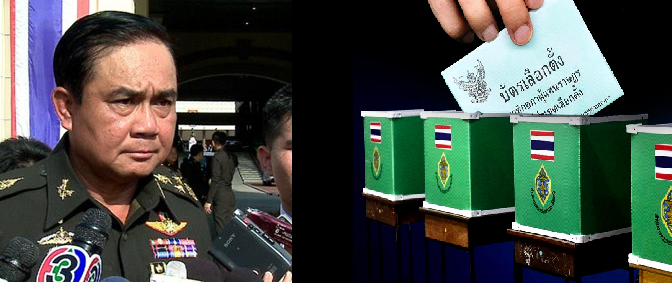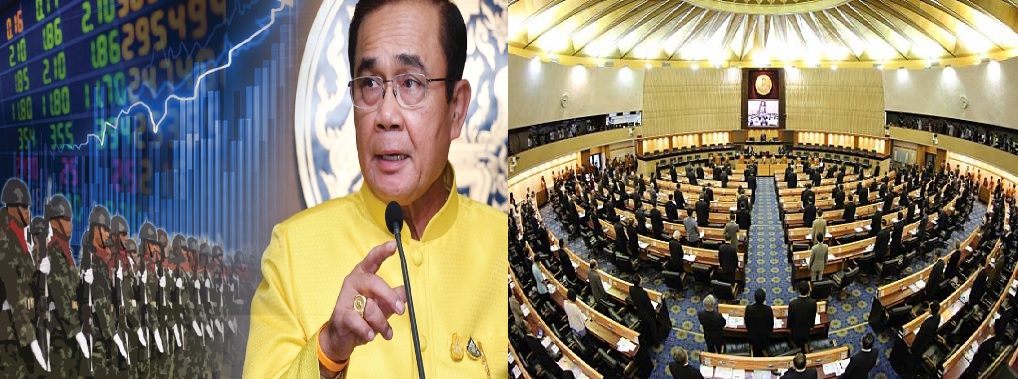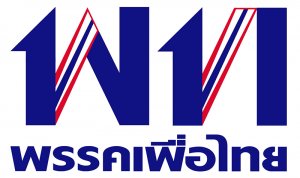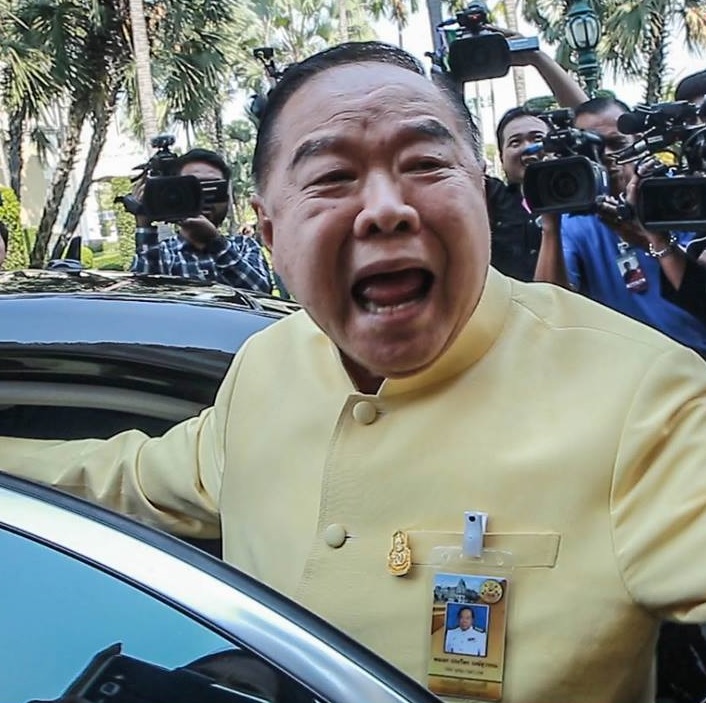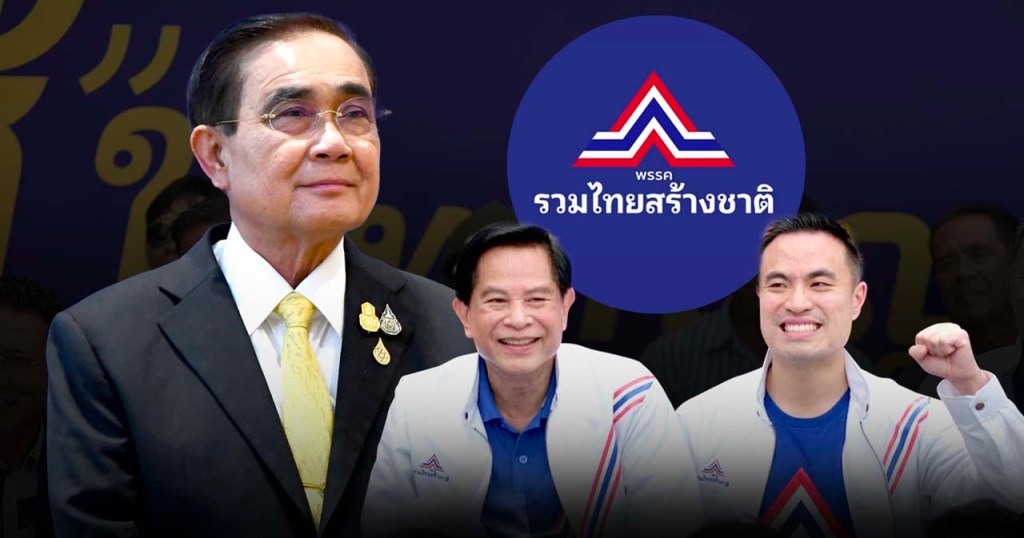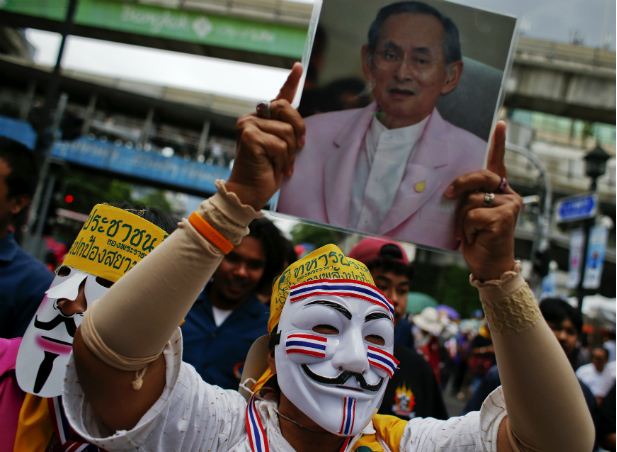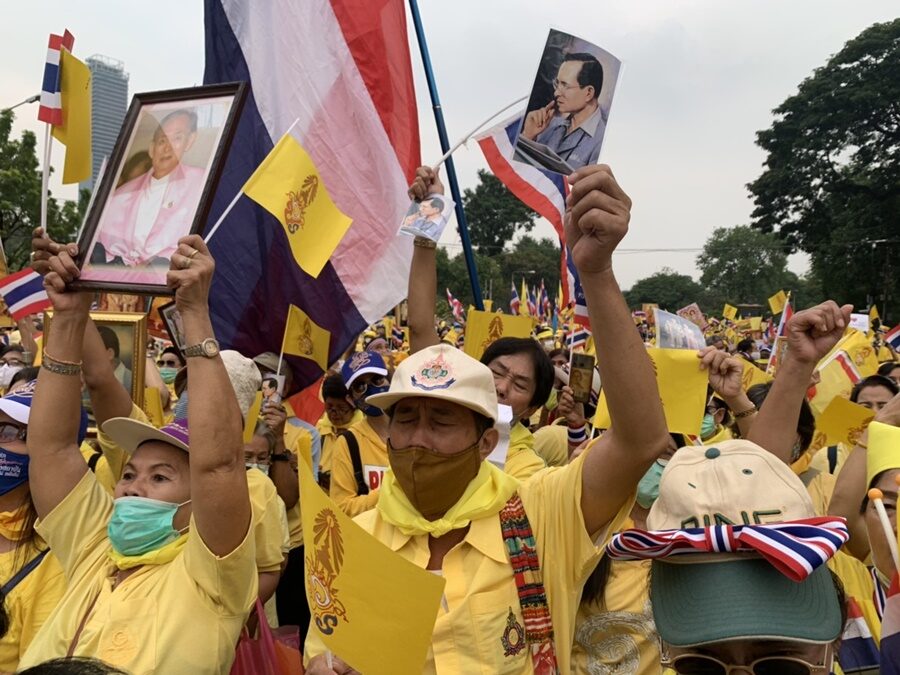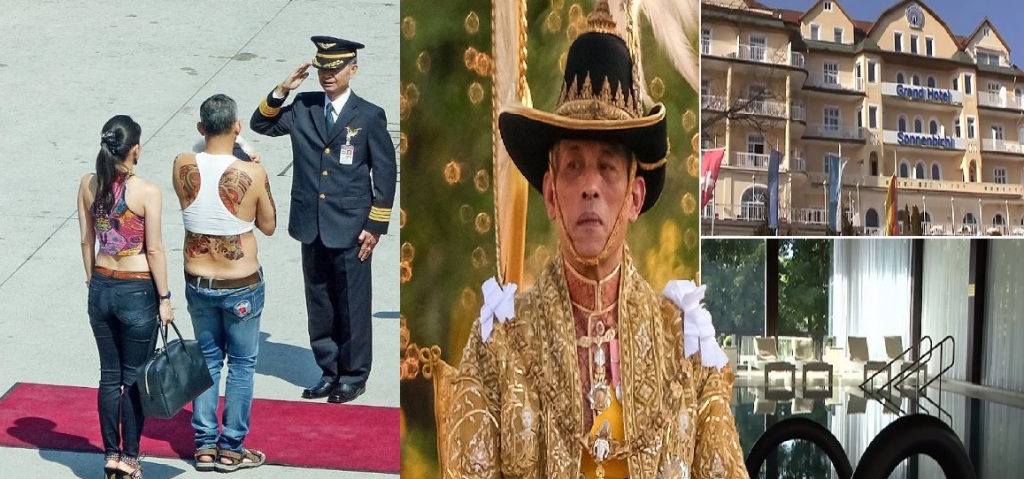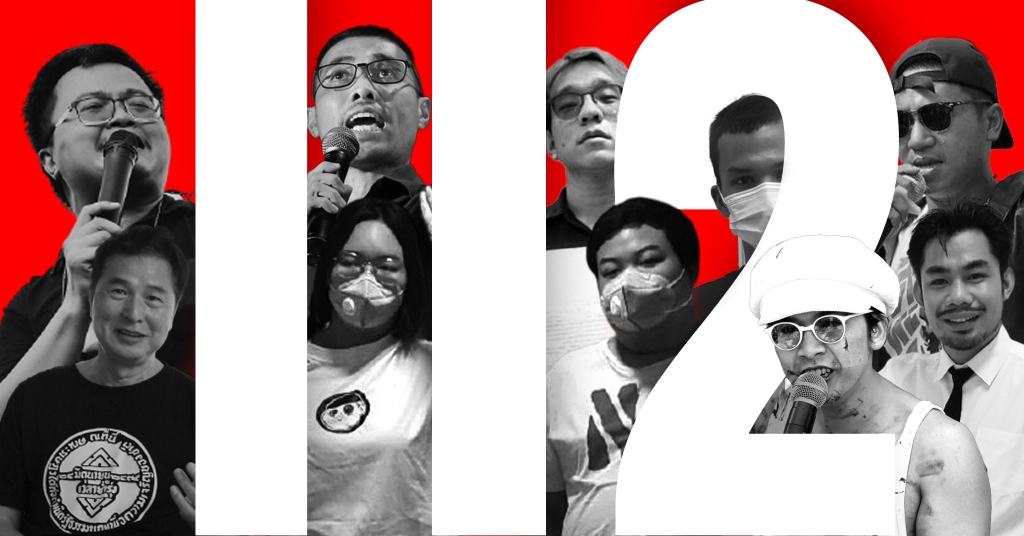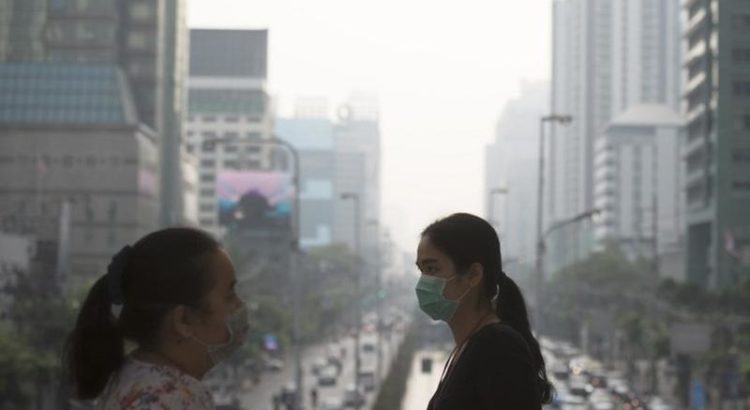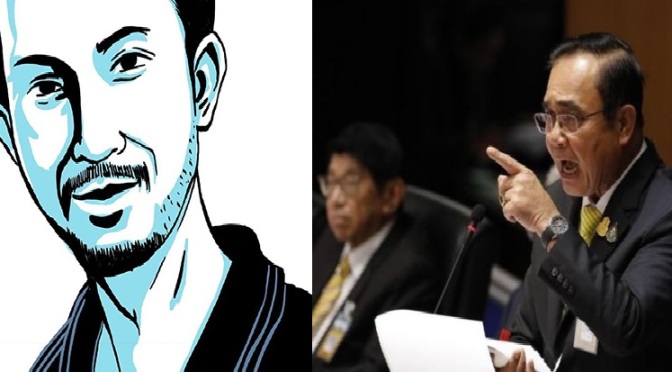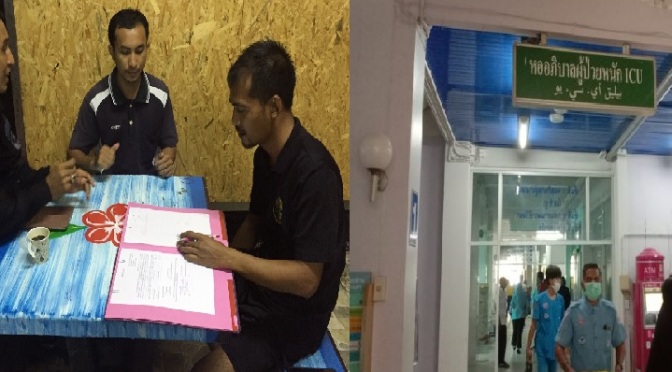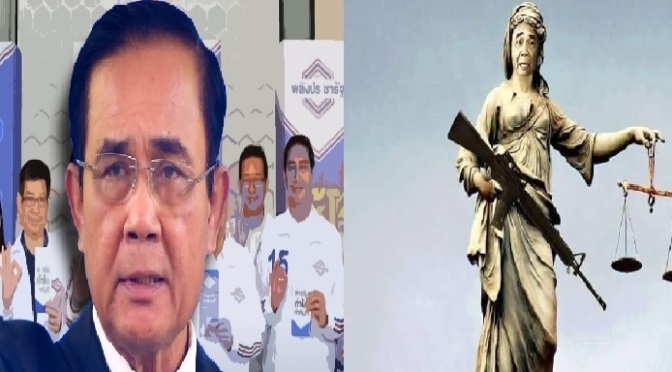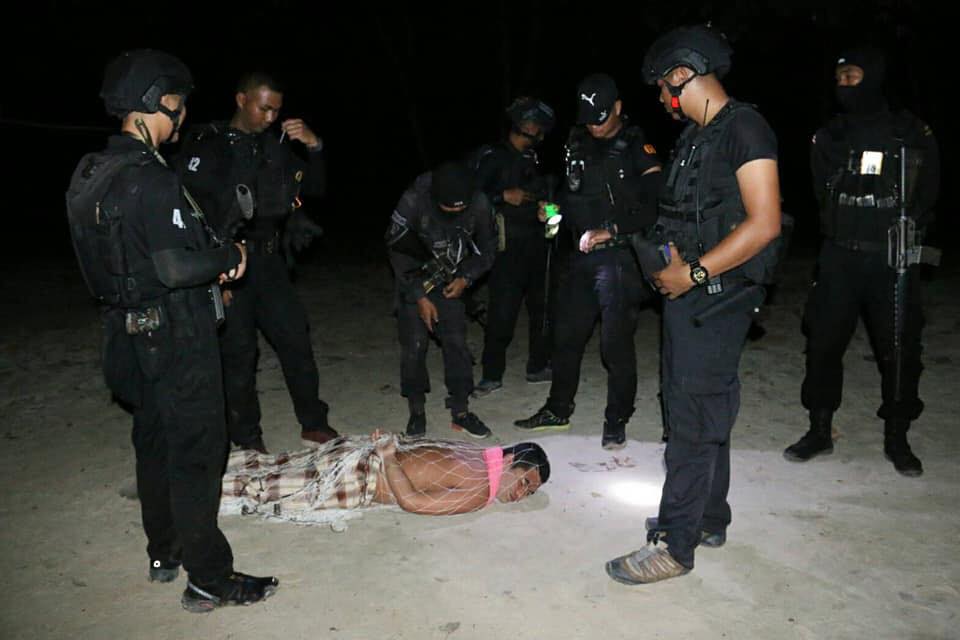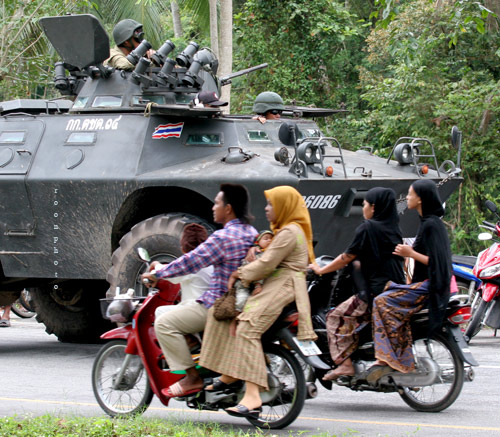The results of the Thai election are a slap in the face for the military junta. The generals have been in charge since they overthrew the democratically-elected government in 2014—despite officially relinquishing power in 2019.
Surprisingly, the neo-liberal Move Forward Party came top of the poll with 151 seats. Together with Taksin Shinawat’s Pua Thai Party—which led the overthrown coalition government in 2014—the two anti-military parties have 292 seats in the 500-seat house of representatives.
The two military-run parties only managed to scrape together 76 seats. But the final outcome of the election is by no means certain. The military have 250 of their appointed senators on their side.
The senate and the house of representatives sit together to choose the prime minister. This, together with other laws brought in by the military junta, can frustrate the democratic process.
Despite some commentators describing the Move Forward Party as “extreme” and “radical”, it is a business-led party. It has tried to co-opt some sections of the labour movement. It talks about reforming the military and building a “welfare state”, but is short on details.
Move Forward and Pua Thai are in favour of pro-corporate, free market policies. For example, there are no plans to abolish private hospitals and create a new national health service.
The mass movement for democracy, which exploded onto the streets in 2020, was defeated through mass repression. Its energy has been channelled into electoral support for the Move Forward party.
Even if Move Forward were to form a government, it would be constrained by Pua Thai’s conservatism. And its candidate for prime minister could be disqualified for holding some shares in a defunct media company. In the past, anti-military parties have been dissolved by military appointed judges and some politicians disqualified.
A few days after the election, Move Forward had talks with Korn Chatikavanij, leader of the Chart Pattana Kla Party, which supported the 2014 military coup. This is an early indication of how far Move Forward are prepared to compromise their anti-military position and any other policies. The party later backed away from a deal with Chart Pattana Kla Party and apologised to its supporters after a storm of criticism on social media.
Neither Move Forward nor Pua Thai are proposing the basic democratic step of abolishing the draconian lèse-majesté law. Move Forward did not even mention reforming it during a meeting to build a parliamentary coalition with some other pro-democracy parties. The military and reactionaries use the law—which clamps down on criticism of the monarchy—to defend themselves and their authoritarian policies.
Many pro-democracy activists face numerous court cases, have been locked up or are in exile abroad because of this law. None of the mainstream parties propose the immediate release of political prisoners.
The election will do nothing to solve the crisis of pollution and dust, which puts the lives of millions of Thai citizens at risk. No political parties are seriously considering a drastic reduction in private vehicles with a switch to electric public transport.
They don’t propose serious measures aimed at reducing forest fires, which also cause smoke and dust. The issue of dust and pollution is linked to Climate Change. But none of the mainstream parties are proposing a “just transition” away from fossil fuels and a massive investment in renewables. The money for these measures could come from the military budget and abolishing the lavish budget for the monarchy.
The free-market parties offer no solutions to low wages, long working hours or poor trade union rights. They will not solve poverty in rural areas, introduce abortion rights or break with the Thai state’s war and repression against Malay Muslims in Patani.
The election result is to be welcomed. But the only way to prevent another coup and win real change is to rebuild a pro-democracy, mass movement of young people and the organised working class. Such a movement could also put pressure on any non-military government to introduce more radical policies.
